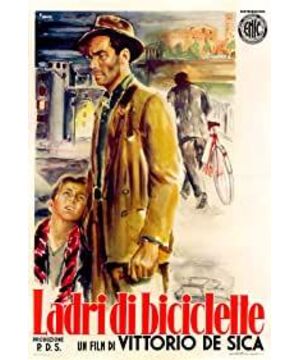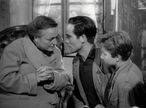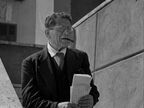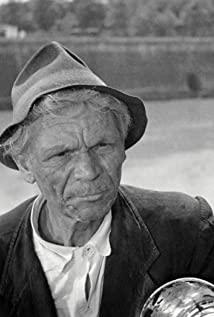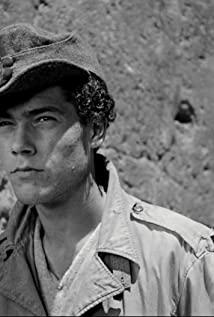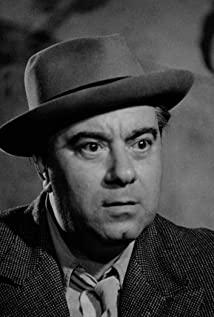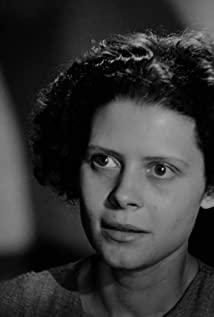It should be said that it is difficult for me to conceal my love for this film, but this time I can’t tell. Because it involves the film effect of multi-level and multi-element superimposition of "love, sincere, true, and sincere," analytical words and sentences are completely useless. Originally, this kind of film that expresses the bottom life is most afraid of excessive emotions, the most afraid of crying and crying, and excessive tragedy (like "Alive"), as long as the film appears from the beginning to the end. Even if I overdo it once, I may not be able to stand it. It is very gratifying that this is not the case at all, and the emotions are well controlled. The role is to "live" in a down-to-earth manner in the movie, instead of expelling his feelings from the pores without restraint due to the magnification of the stage anytime and anywhere. The film starts in the crowd and ends in the crowd. It tells us the basic idea: pick out an unremarkable ant individual from the crowd, follow him with his eyes for a few dramatic days, and then reopen it. He threw it back into the crowd. And the whole origin and center of this drama is a bicycle, but beyond the bicycle, it is the pressure of life that Antonio bears and his responsibilities to his wife and children. So the real drama is the intersection of pressure, responsibility, poverty, and starvation in the decisive force of bicycle. This intersection is ridiculous, because bicycles are so insignificant, but at the same time, this intersection is real. So this intersection is bitter.
I like these two paragraphs. One is that when Antonio and his beloved son were looking for a bicycle, they suddenly got up and came to a restaurant for a simple lunch. Here, there is a pair of distorted proud lights projecting from the eyes of the well-dressed and creamy rich boy. This look is unforgettable, and it must have deeply pierced the little Bruno. If the ancient film history's description of the Italian film tradition is true, then if there is no collision of class conflicts in restaurants, such a leftist film will be absolutely weak in effect. But what I admire more is that for at least that moment, Antonio, who was tortured to death by the bicycle problem for the past few days, restored the usual happiness of the people at the bottom, smiling and enjoying life and taste without reservation. Of course, after seeing the wallet, he fell back into hopeless thoughts. Second, at the end, Antonio chose to steal the car. This is a dramatic scene, but after rendering, the main abruptness has been removed and it seems very natural. The theft of the car was of course unsuccessful. The owner also forgave the move on the face of his son, but after all, the lost bicycle was not found. Antonio can only get into the crowd with his son, who is waiting for him, unemployment and starvation. This is a real life, there is no such thing as a comedy ending or a tragedy, but it is difficult from beginning to end. I am familiar with this kind of life, so I feel cordial. The technique is old-fashioned, and the ending is still a classical "blank" method, but the atmosphere, plot, and even music do not feel alienated to me. For a long time, I have lived in a family that has to revise my life plan for a car and a bag of rice.
——————————————————————————————————
Original: http://blog.sina.com.cn/s /blog_6cd6c0510100m0lk.html
View more about Bicycle Thieves reviews


